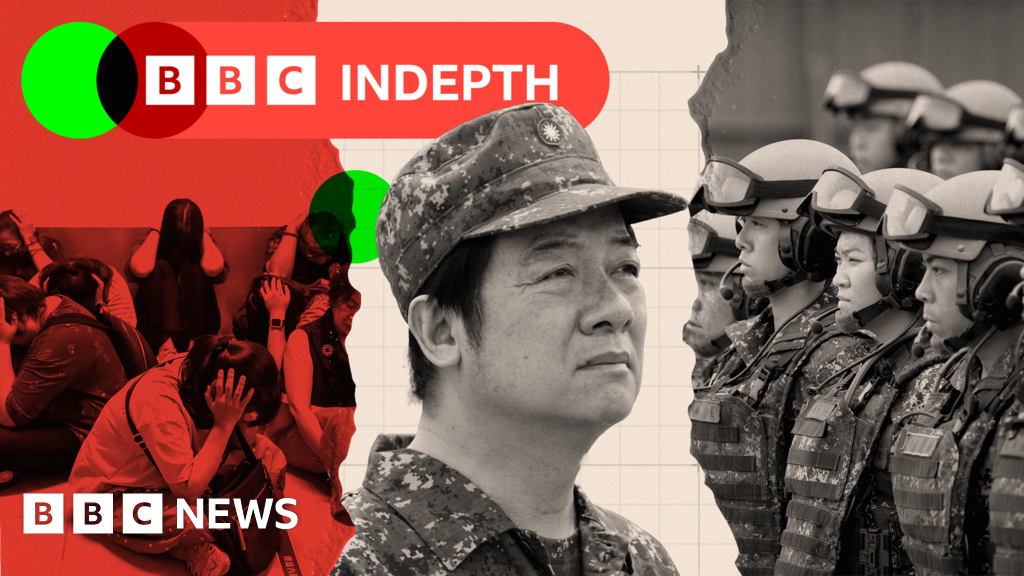It was just another Friday morning on the Taiwanese island of Kinmen, a few kilometres from the coast of China, when an air raid siren pierced the calm. At a local government office, people switched off their lights and dove under tables. Others fled to an underground car park. At a nearby hospital, staff rushed to treat people staggering in with bloody injuries.
But the blood was fake, and the casualties were volunteer actors. Together with the government workers, they were taking part in mandatory civil defense and military drills held across Taiwan last month. The purpose? Rehearsing their response to a possible attack by China.
China has long vowed to reunify with self-governing Taiwan and has not ruled out the use of force. It is a threat that Taiwan is increasingly taking seriously. President William Lai, who took office last year, is behind one of the strongest pushes in years to strengthen defence.
As the urgency of defence measures grows, Lai's government emphasizes preparing for war to avoid conflict. This year's defence budget has increased significantly, with plans to boost spending further in coming years.
In addition to military reforms, Taiwan is enhancing its civil defence strategy, engaging its citizens in evacuation and emergency response drills, illustrating a comprehensive approach to national security strategy that responds to both military threats and domestic skepticism regarding the potential for an actual invasion.
But the blood was fake, and the casualties were volunteer actors. Together with the government workers, they were taking part in mandatory civil defense and military drills held across Taiwan last month. The purpose? Rehearsing their response to a possible attack by China.
China has long vowed to reunify with self-governing Taiwan and has not ruled out the use of force. It is a threat that Taiwan is increasingly taking seriously. President William Lai, who took office last year, is behind one of the strongest pushes in years to strengthen defence.
As the urgency of defence measures grows, Lai's government emphasizes preparing for war to avoid conflict. This year's defence budget has increased significantly, with plans to boost spending further in coming years.
In addition to military reforms, Taiwan is enhancing its civil defence strategy, engaging its citizens in evacuation and emergency response drills, illustrating a comprehensive approach to national security strategy that responds to both military threats and domestic skepticism regarding the potential for an actual invasion.



















